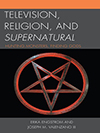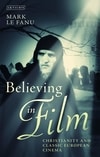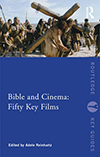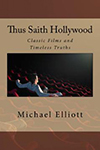- Author(s): Bernard Doherty
- When: 2015-12
- Where: St Mark's Review
Even before its release to coincide with Ash Wednesday in 2004, director Mel Gibson's self-financed film The Passion of the Christ had become a topic of considerable controversy. Like previous films treating the life of Jesus, the film became the subject of criticisms from various quarters - ranging from Jewish community leaders to leading biblical scholars - on charges that the film was excessively violent, anti-Semitic and presented a distorted view of history. From the outset Gibson fastidiously denied some of these accusations, pointing out what he asserted were the positive depictions of Jewish characters and arguing for the historical authenticity of the original leaked script. Yet his own formative influences, his choice of theological themes, and his adoption of certain aesthetic conventions suggested a far more complex situation, one which, as a number of commentators noted, was largely overshadowed by the way in which the film soon became a site of contestation in the so-called American 'culture wars'.









